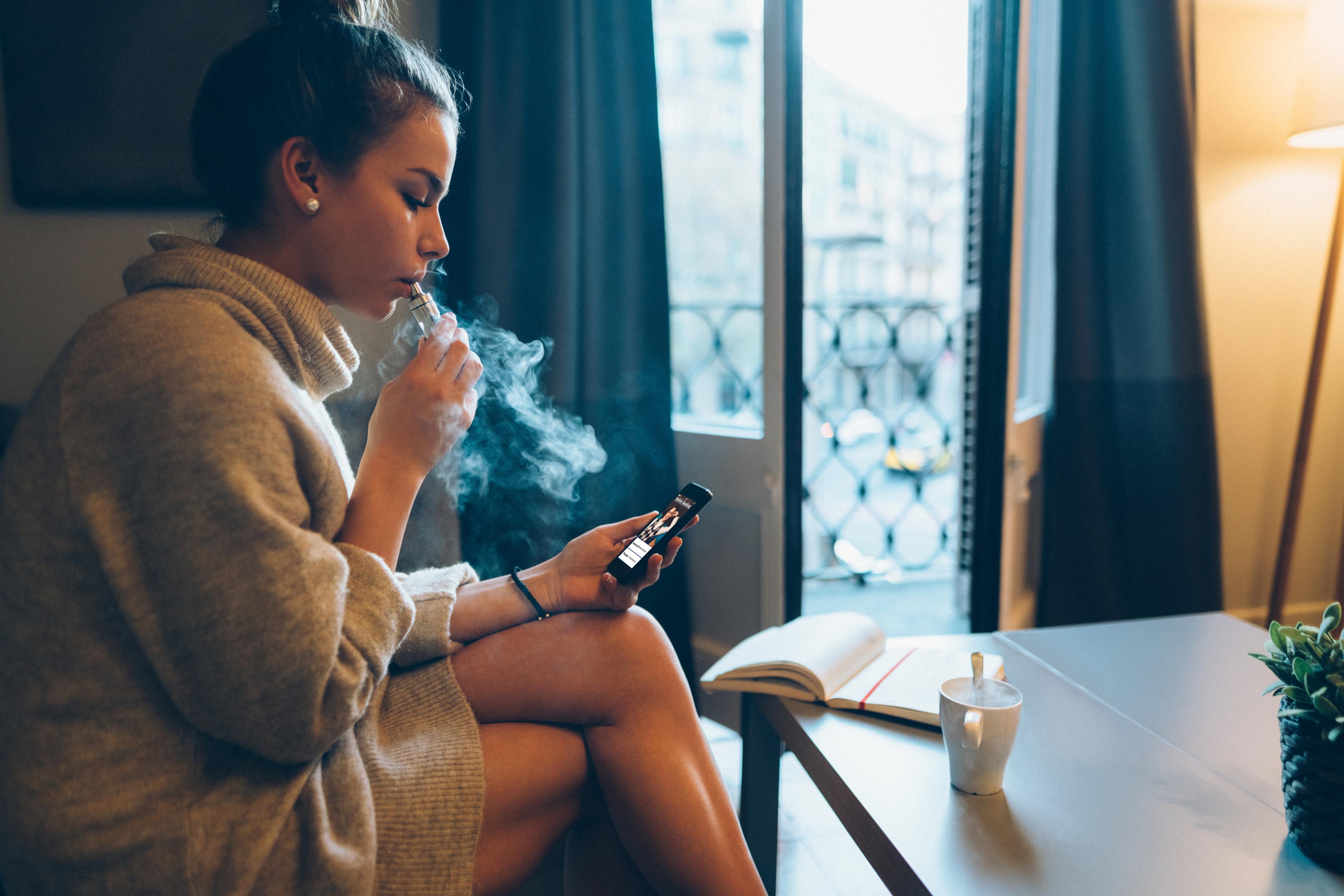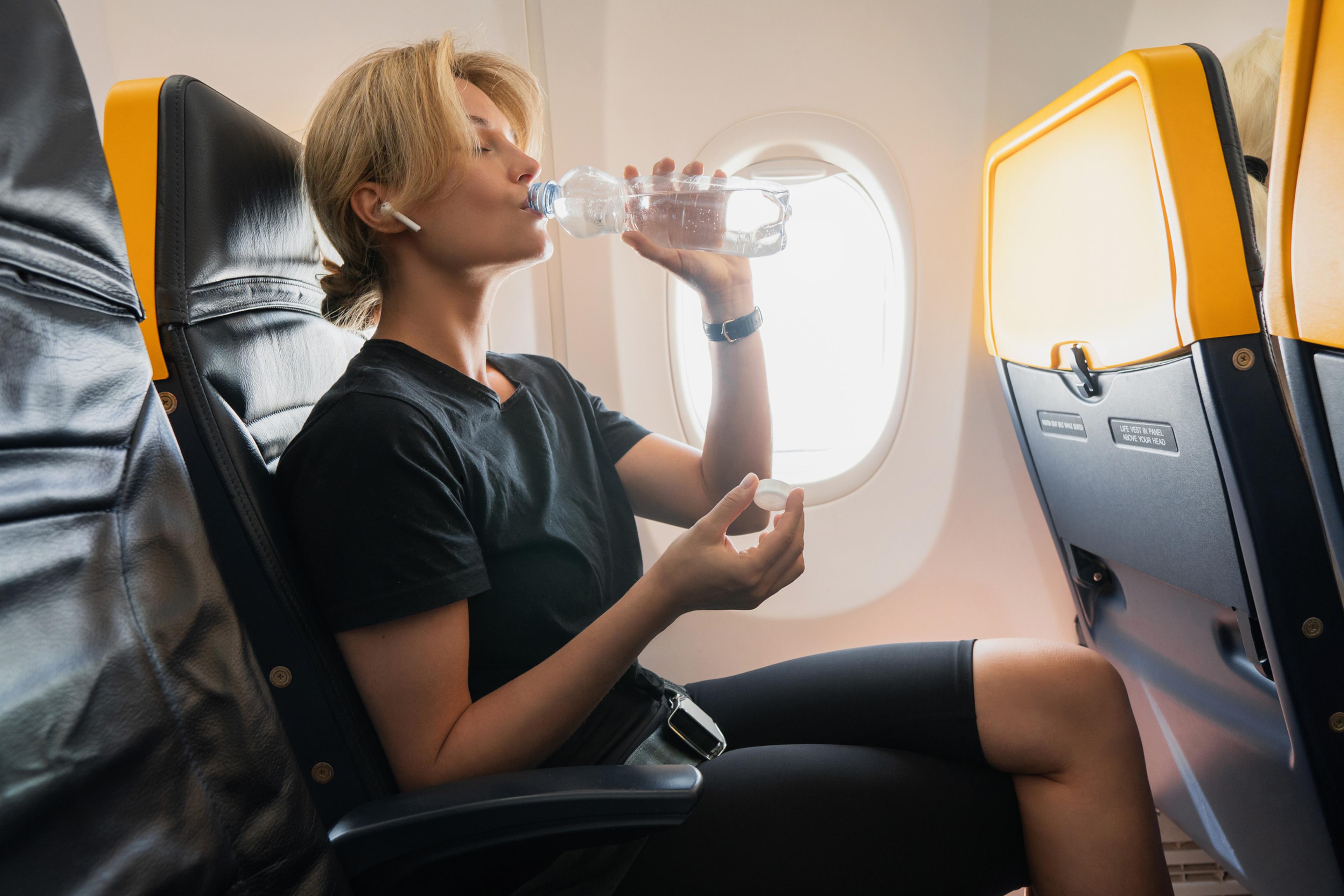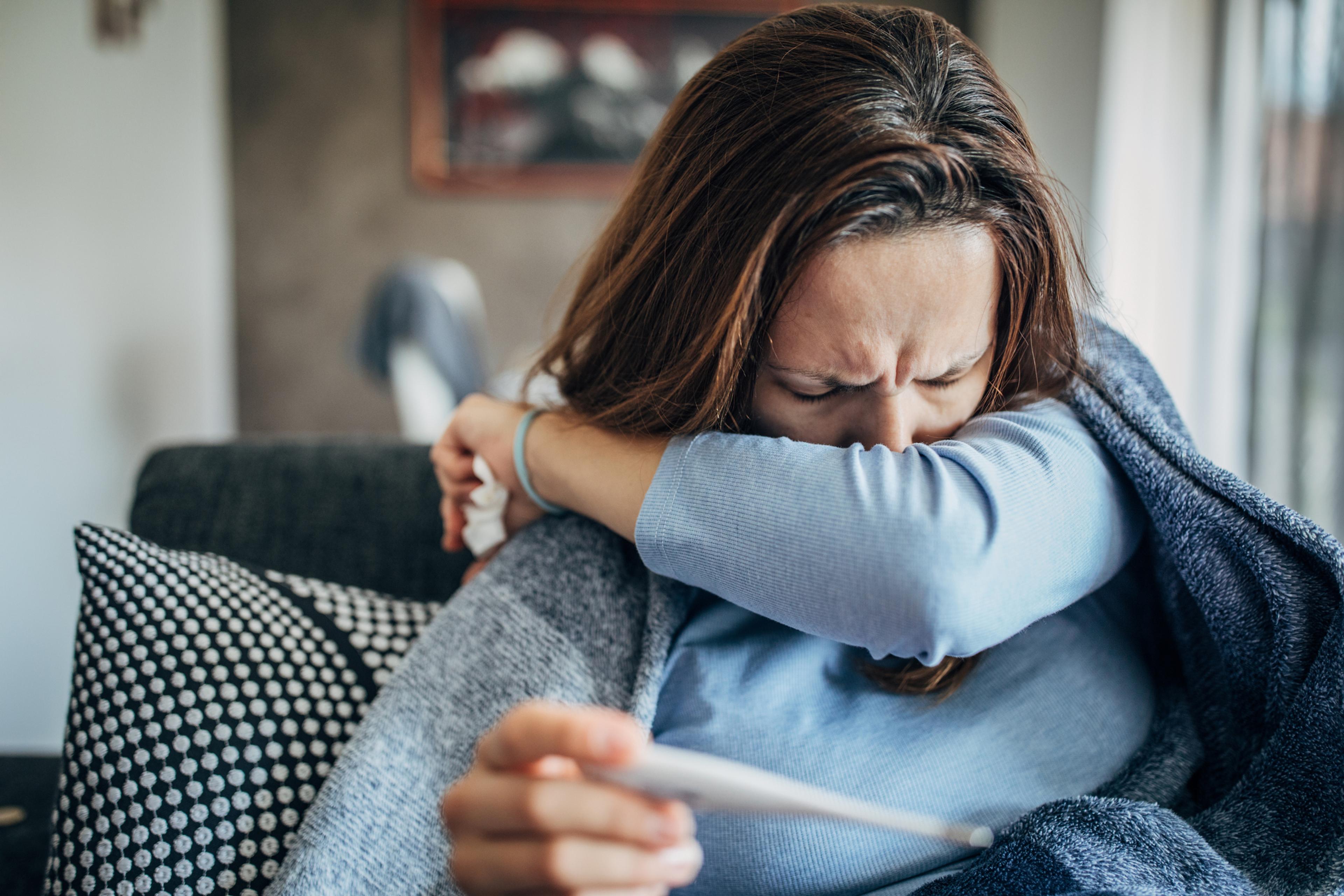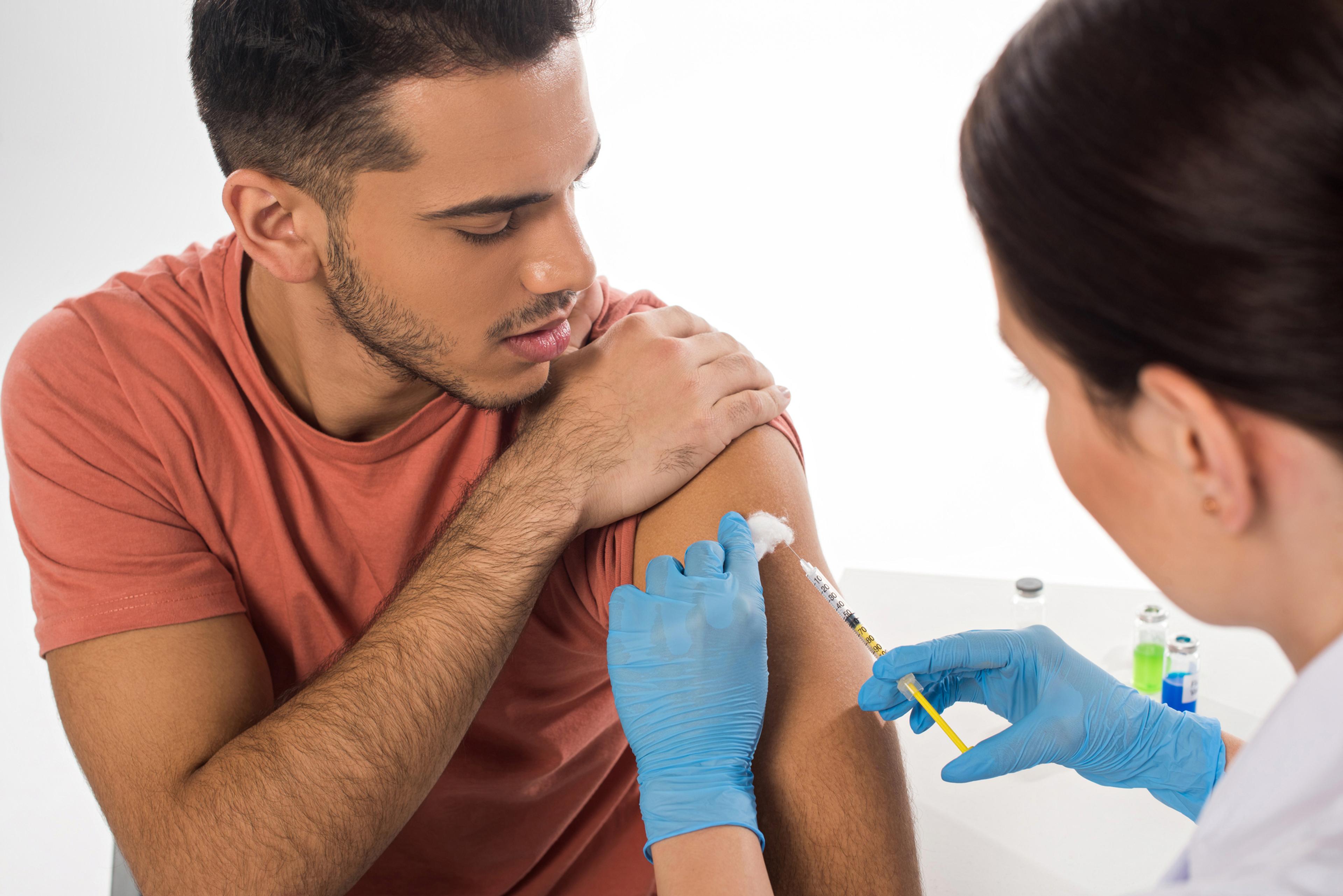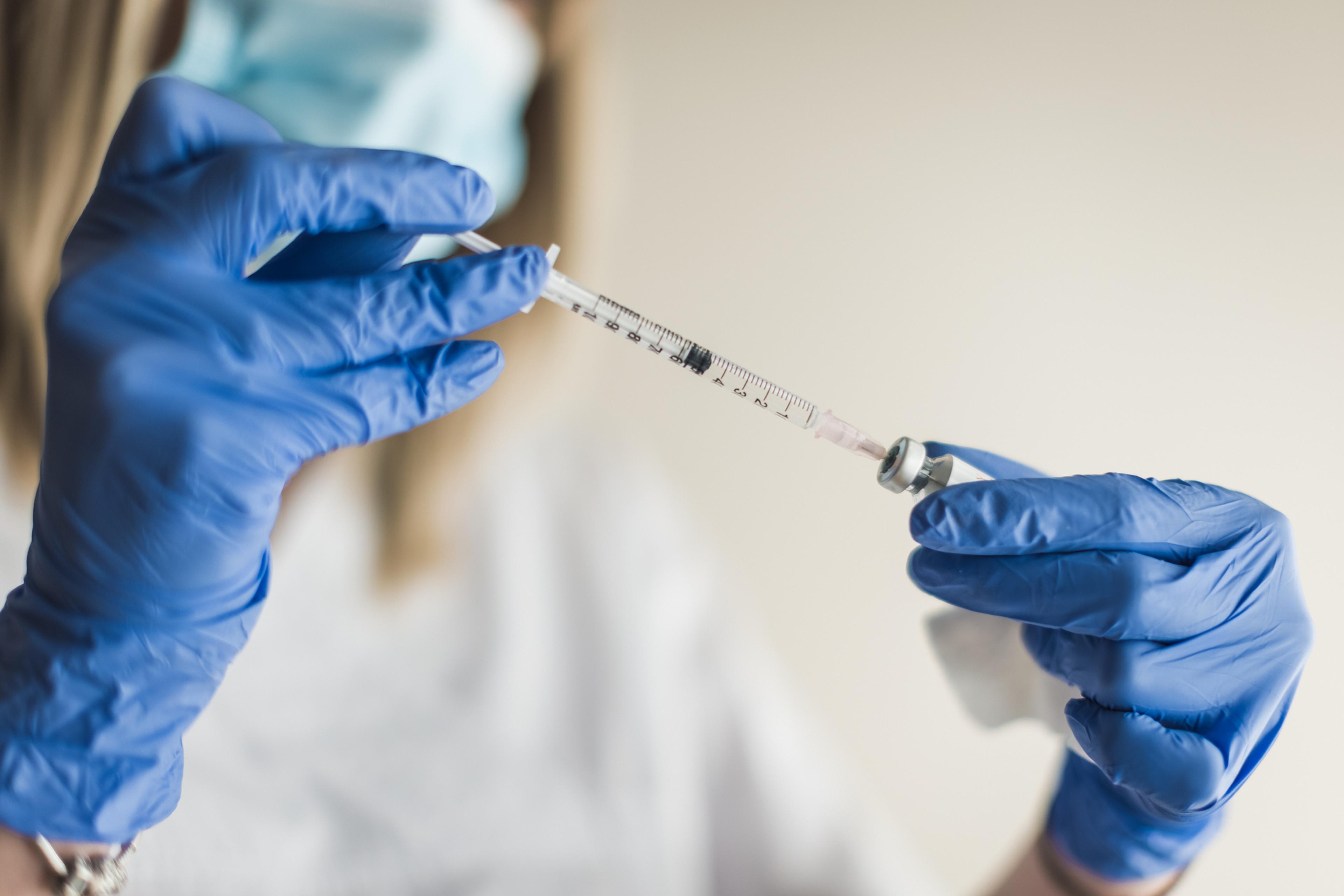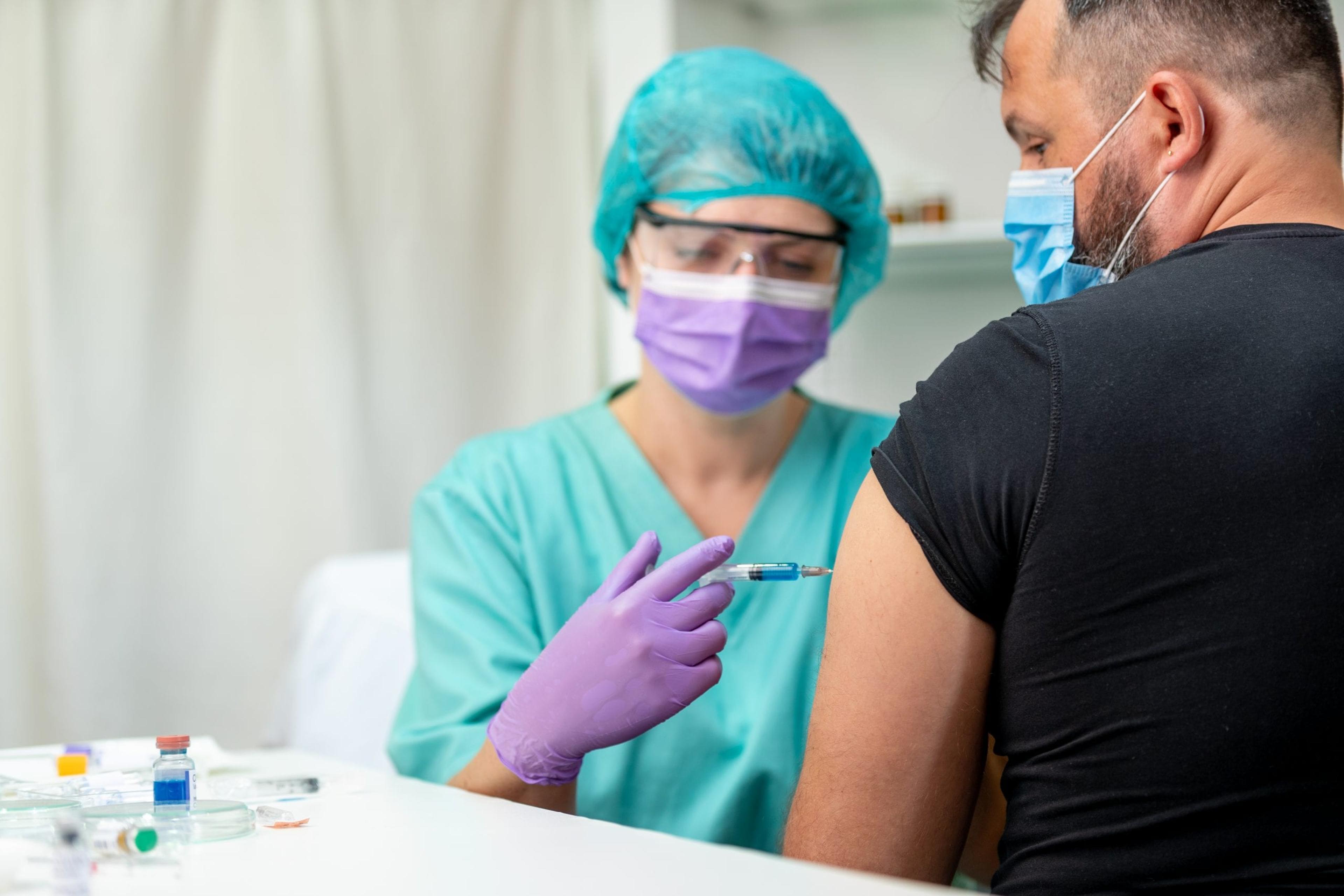
As a hospitalist at Metro Health – University of Michigan Health Hospital in Wyoming, Dr. Matthew Blair often works with very sick patients, but says the COVID-19 pandemic “has been different.”
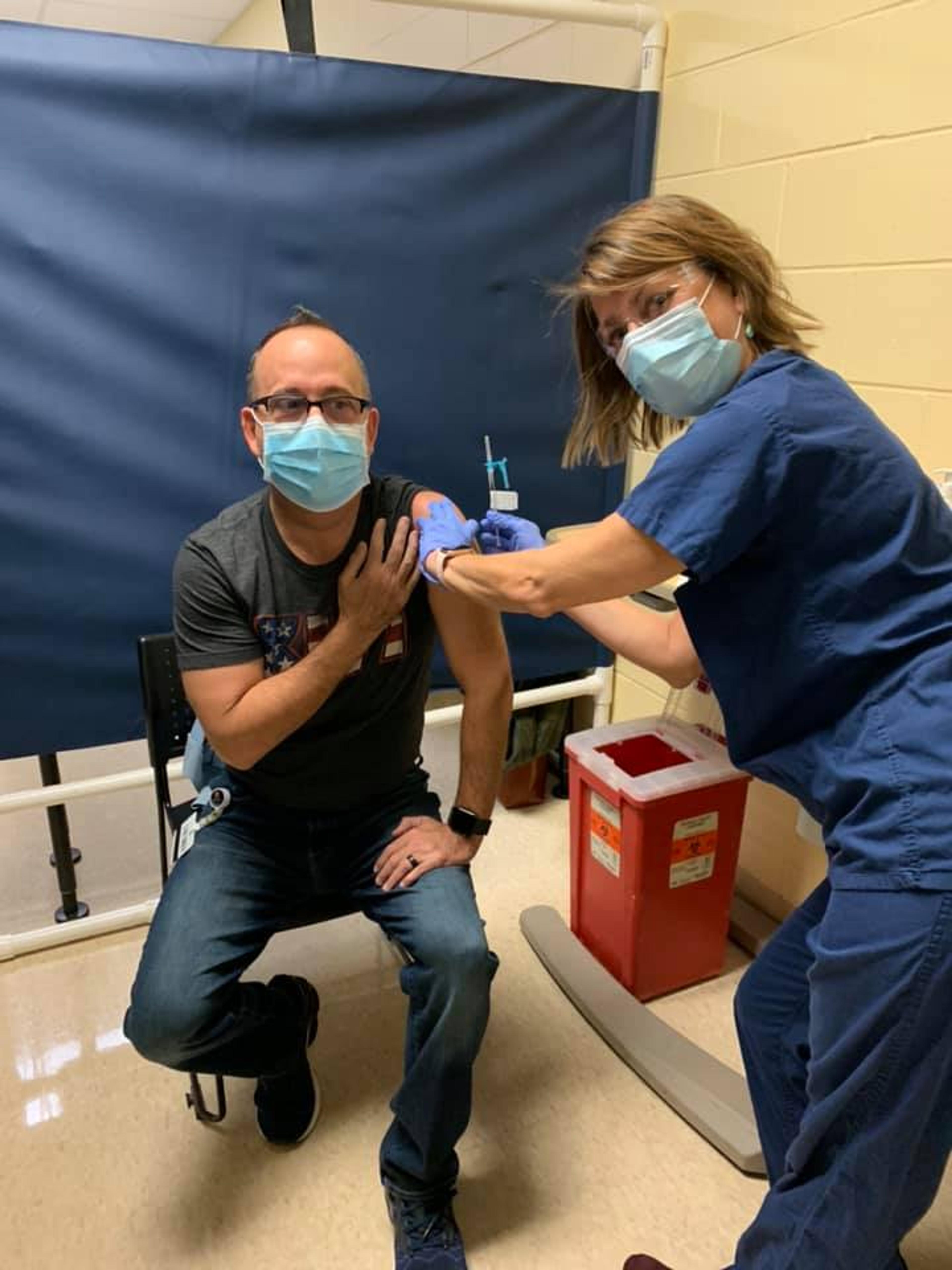
“It’s been a privilege to be on the front lines of care for these folks, but it’s also been stressful, it’s been scary at times,” he said. “We’ve been scared for our staff, ourselves and our families, but the bottom line is this is what we do.” Blair rolled up his sleeve twice and is now fully vaccinated. It’s something he’d been hoping and praying for over a grueling year. “I feel like we’re getting towards the finish line,” he said. “The whole hospital has been vaccinated now and that makes us breathe a little easier. We are moving forward and look forward to everyone being vaccinated so we can get back to normal.” Michigan health officials have a goal to vaccinate 70% of Michiganders 18 years of age or older by the end of 2021. Health care workers were first in line as Pfizer’s COVID-19 vaccine won approval and distribution started on Monday, Dec. 14. A vaccine from Moderna is also now approved for use and more are expected to be approved soon, accelerating a historic effort to vaccinate against COVID-19.
‘A long time coming’
At Bronson Methodist Hospital in downtown Kalamazoo, Faith Bitely described a jubilant atmosphere as hospital staff waited in line to get vaccinated. She got her first shot on Friday, Dec. 18, proudly displaying the bandage and a small ‘I got my COVID-19 vaccine’ sign in a photo posted to social media. Since then, she’s had her second shot and said it’s nice knowing she has that extra layer of protection when going to work or to the store. The acute care speech language pathologist has worked regular rotations with COVID-19 patients, helping them with issues related to swallowing.
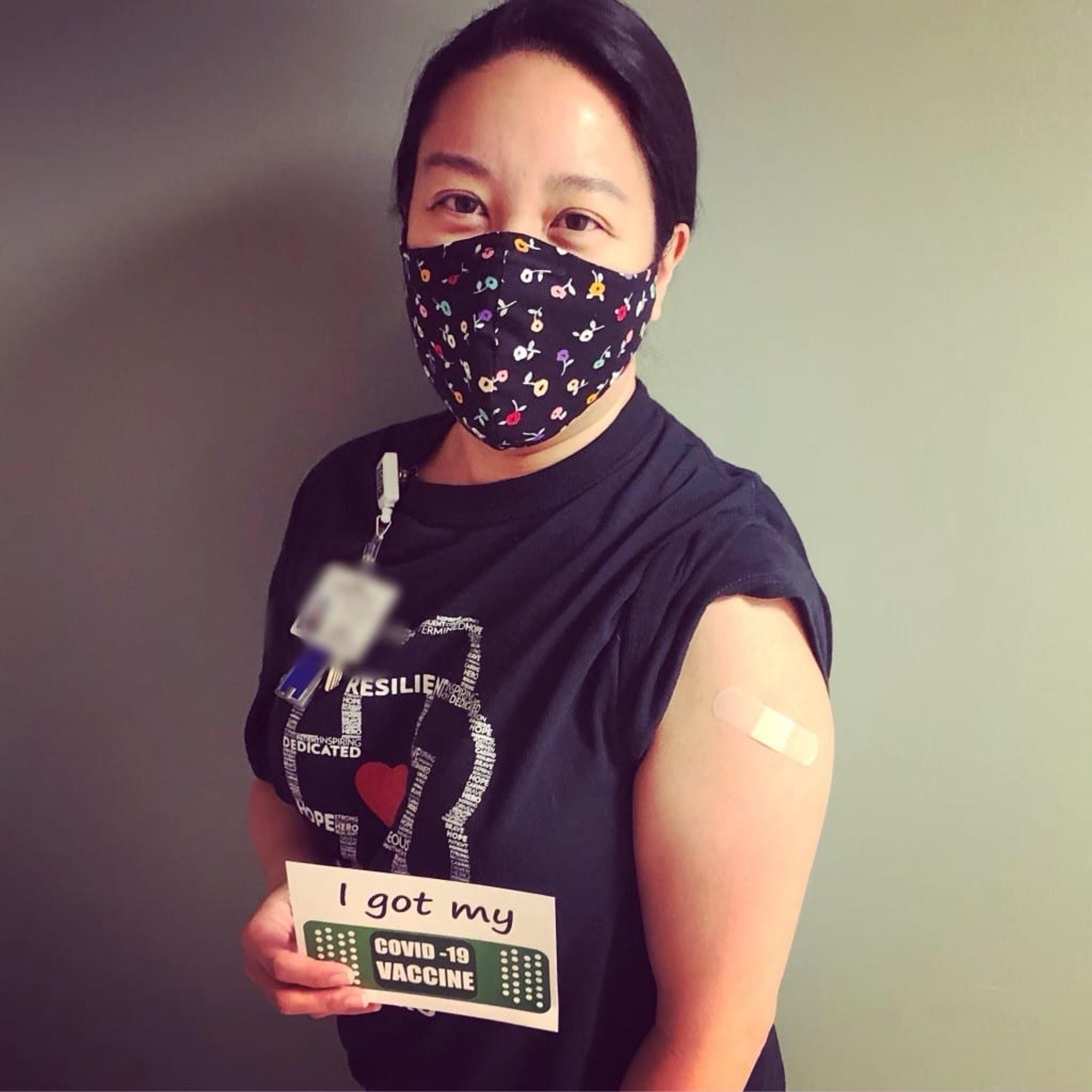
“Everybody’s pretty worn down at the hospital,” she said. “That (first) day, people were really positive and hopeful. It felt like we finally had a win this year and it’s been such a long time coming.” Bitely and her husband, Andy, a respiratory therapist at the hospital, grappled with the uncertainty of the virus, especially in the early months when not much was known. As parents of two school-age girls, the couple made the hard decision to have their daughters live with grandparents for about a month to keep them safe. She said it was frustrating to feel out of control. “At the beginning, there was so much anxiety – ‘are we doing everything we’re supposed to be doing to keep ourselves safe, other patients safe and our families safe,’” she recalls wondering. Bitely experienced fatigue and body aches for about half a day after her second dose but said it’s worth it. “I know some people are worried about side effects from the vaccine, but it’s still better than getting COVID-19 or giving it to someone else,” she said.
Smiling under her mask with ‘an overwhelming sense of hope’
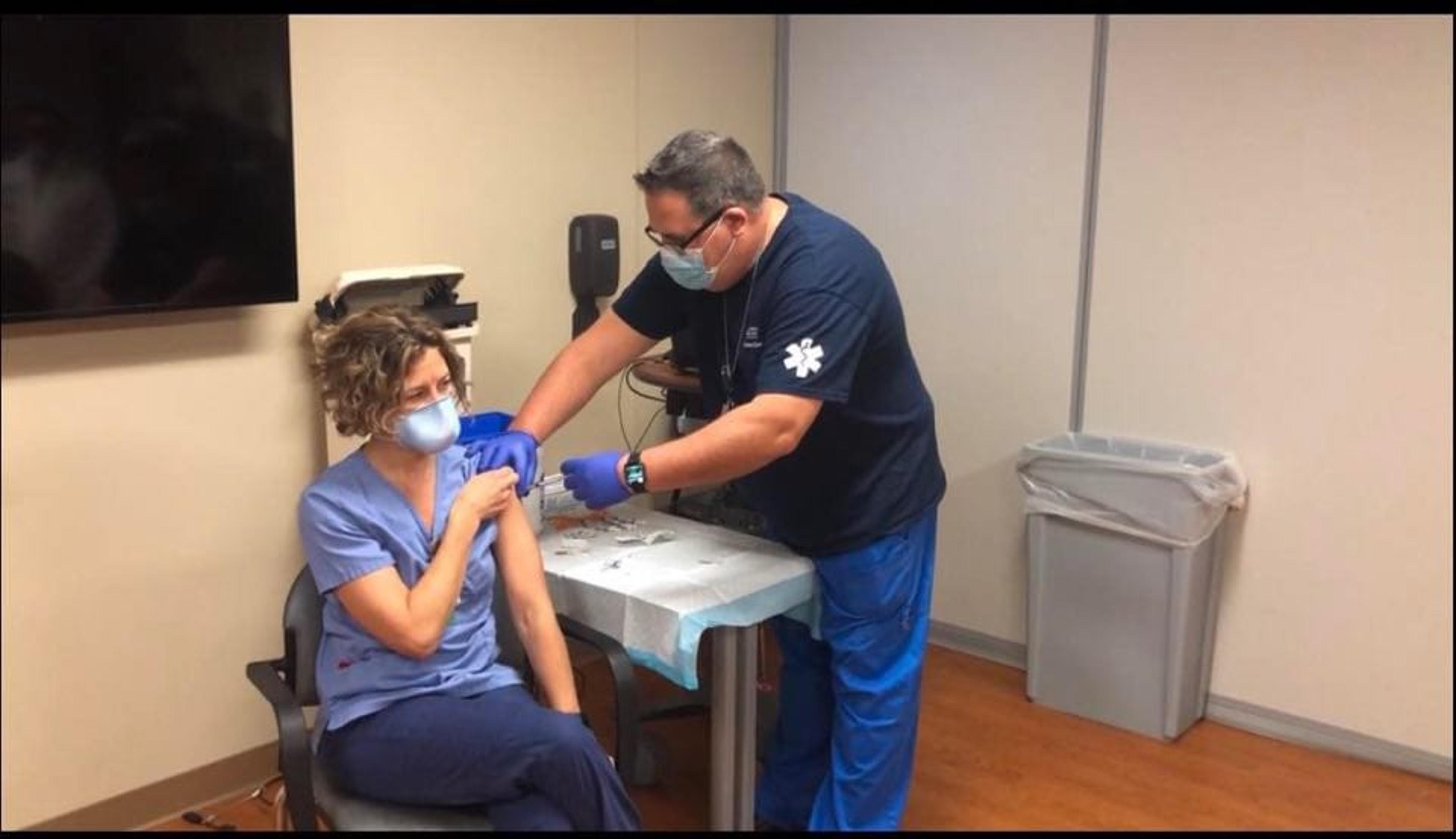
As a respiratory therapist and pulmonary function specialist at St. Joseph Mercy Oakland Hospital in Pontiac, Amy Scribner said strict safety protocols helped her feel mostly safe through the pandemic but acknowledges the uncertainty many felt in treating patients. “I treated all that I saw as if they were positive because on their next test, sometimes they were,” she explained. “It was a scary time.” Scribner was the first person at her hospital to receive the Pfizer vaccine on Thursday, Dec. 17 and has since had her second dose. She experienced no side effects from the first shot and felt mild chills and major fatigue for about 24 hours after the second dose. “The shot itself, besides having such incredible significance, was pretty unremarkable,” she said after her first dose. “I honestly didn’t even feel it go in. What I did feel was an overwhelming sense of hope and almost giddiness. Afterward, I could not stop smiling under my N-95 – I felt so grateful.”
‘Being a good human’
All three of the health care workers we talked to urge everyone to get vaccinated when they’re able to. Scribner said she’s seen the aftermath of the virus, working with patients who still have breathing problems and other debilitating symptoms nearly a year after they’ve technically recovered. “The scariness of this virus is that you just don’t know if you’ll be the one … who doesn’t survive it,” Scribner said. “Whatever minor side effects or discomfort that you may have from receiving the vaccine, it is nothing compared to the possibility of death or lifelong effects that the virus could have on you.” Blair agreed, pausing to remember the many people who have died due to the virus and acknowledging the many more showing up and working despite the risks to their safety. “Whoever it is, there are so many people that put themselves at risk to keep our society running. Get the vaccine for those people,” he said. Protect yourself, protect your family and protect the people you encounter by getting the vaccine, Blair said. “The bottom line is, vaccines save lives,” he said. “They eradicate disease and keep us all safe. This is about being a good human and just doing what’s right for everybody.” Related:
- Nurses on How They Overcame Fear, Anxiety During Height of Pandemic
- COVID-19 Vaccines: What You Should Know
- It May Be Time to Wear Two Face Masks
Main image photo credit: Getty Images

